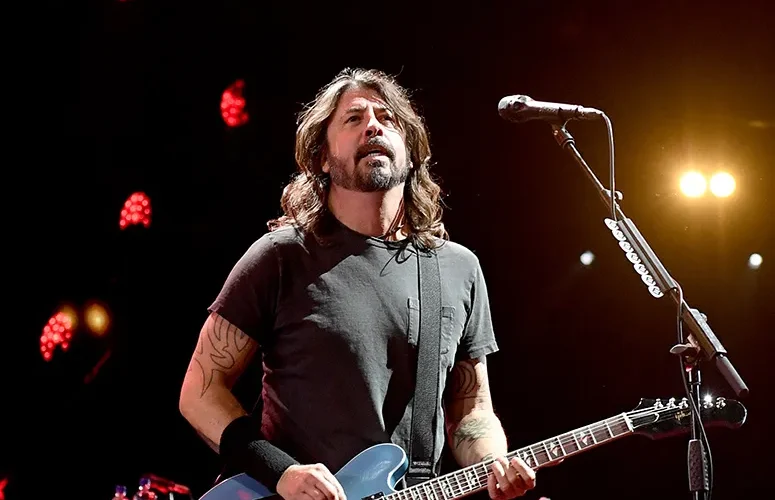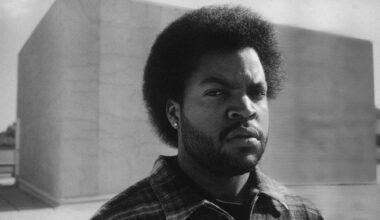Despite the implication in the name, Foo Fighters was not always a group. In fact, at first, it was nothing more than just a throwaway placeholder intended to be changed later.
Naming bands isn’t an easy task; some groups seem destined for greatness, like My Chemical Romance, whose guitarist Mikey Way stumbled upon the perfect moniker in the title of a book by Irvine Welsh. Others, like Wet Leg, leave it up to a game of chance, spinning the wheel of random words until inspiration strikes. Then there are those who find the whole thing too much of a daunting challenge, leaving the crucial decision to the hands of their label.
For Foo Fighters, however, their name began as a playful jest that Grohl himself said was intended as nothing more than a temporary stamp. As a part of Nirvana, Grohl left the singing and writing mostly up to Kurt Cobain, but after his unfortunate passing in 1994, the then-drummer was keen to continue being a part of the music world, so he wrote a bunch of songs himself. However, unsure about how people would receive new music penned to him, he released them under the name ‘Foo Fighters’.
It turns out Grohl had grown a fascination with unidentified flying objects (UFOs) and UFO books at the time, and the term ‘Foo Fighter’ was used by Allied aircraft pilots during World War II to describe UFOs or mysterious aerial phenomena.
These phenomena were often described as glowing orbs, balls of light, or unusual flying objects that appeared to follow or manoeuvre around the aircraft. The term “Foo” was actually coined from the French word “feu”, meaning fire, and was used to categorise these types of strange objects.
However, even though this seemed a great idea at the time, it certainly wasn’t something Grohl considered to be a long-term thing. “Had I actually considered this to be a career, I probably would have called it something else because it’s the stupidest fucking band name in the world,” he said.
Initially, Grohl recorded the Foo Fighters’ debut album entirely on his own, playing all the instruments and handling the vocals. But the idea of creating a name that sounded more like a band than a solo project was intentional; “I had recorded the first record by myself, but I wanted people to think that it was a group, I figured that ‘Foo Fighters’ might lead people to believe that it was more than just one guy. Silly, huh?” he said. He released the self-titled album, Foo Fighters, in 1995, and it gained significant attention and success.
As the project expanded into a full-fledged band, the name ‘Foo Fighters’ stuck, and it has since become one of the most successful and enduring rock bands in the music industry. That doesn’t stop them from having a little play every now and then, though, as they’re known to perform under pseudonyms as a way to generate buzz. Most recently, at Glastonbury, they appeared under the mysterious name The Churnups (which wasn’t really all that mysterious at all), and before that, they performed under the name The Holy Shits.
Foo Fighters are not alone in this pursuit, as other major bands have also embraced the thrill of such clandestine endeavours. The likes of Green Day and Metallica, among others, have embraced aliases, turning it into a time-honoured tradition to slip into the shadows and grace an intimate stage before a modest gathering of only a couple of hundred individuals.






